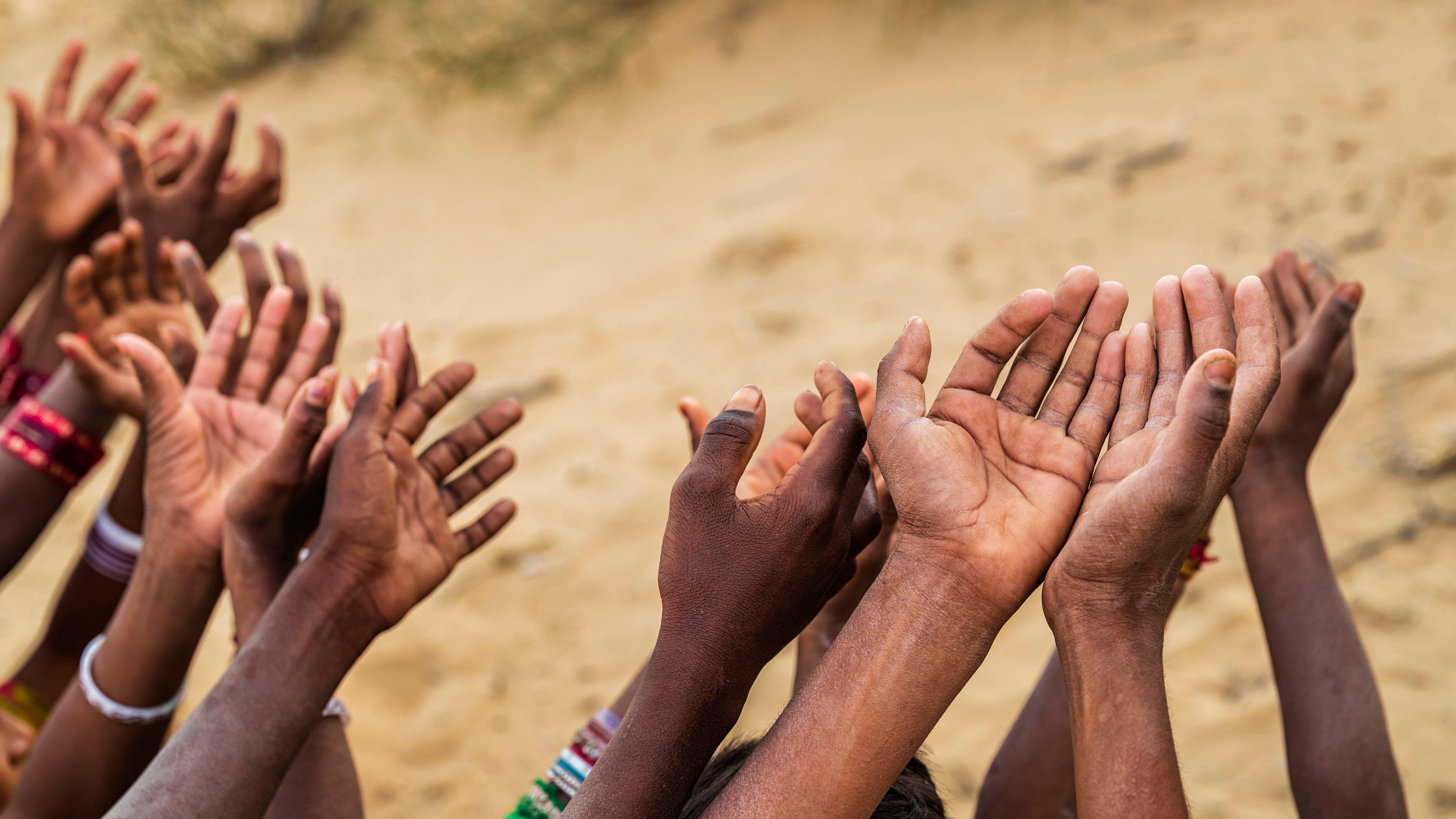
The Supreme Court on Tuesday said begging is a socio-economic problem and it cannot ban it by taking an elitist view as beggars are forced to take to streets to eke out a living due to lack of education and employment.
A bench of Justice D Y Chandrachud and Justice M R Shah issued notice to the Centre and the Delhi government on a petition by advocate Kush Kalra seeking vaccination and rehabilitation of homeless, beggars and vagabonds amid Covid-19 pandemic across India.
"The reason why people are required to take to the streets to beg is to eke out elementary livelihood in the absence of education and employment. It is a social-economic problem and cannot be remedied in this way," the bench said.
Referring to a plea by the petitioner to restrain people from begging on the streets, the bench asked him, "Why do people beg on the street? It is due to poverty. As the Supreme Court, we will not take an elitist view. They have no choice. Nobody wants to beg."
Senior advocate Chinmoy Sharma, argued for the petitioner, who wanted a direction to the authorities to restrain beggars, vagabonds or those who were homeless from begging at traffic junctions, in markets and public places to avoid the spread of Covid-19, and to rehabilitate them.
"This is a wider issue of social welfare policy from the government, we can’t say that keep them away from our eyes," the bench said.
However, the court asked the Centre and Delhi government to inform about steps being taken to deal with this human problem and posted the matter for hearing after two weeks.
"Immediate issue is to ensure vaccination of the persons. We direct the Union of India and GNCT Delhi to file a response on how to deal with this human situation. Solicitor-General can assist the Court," the court said in its order.
The court said beggars, vagabonds, homeless were entitled to medical facilities as others as they were vulnerable in context of Covid-19 pandemic.
